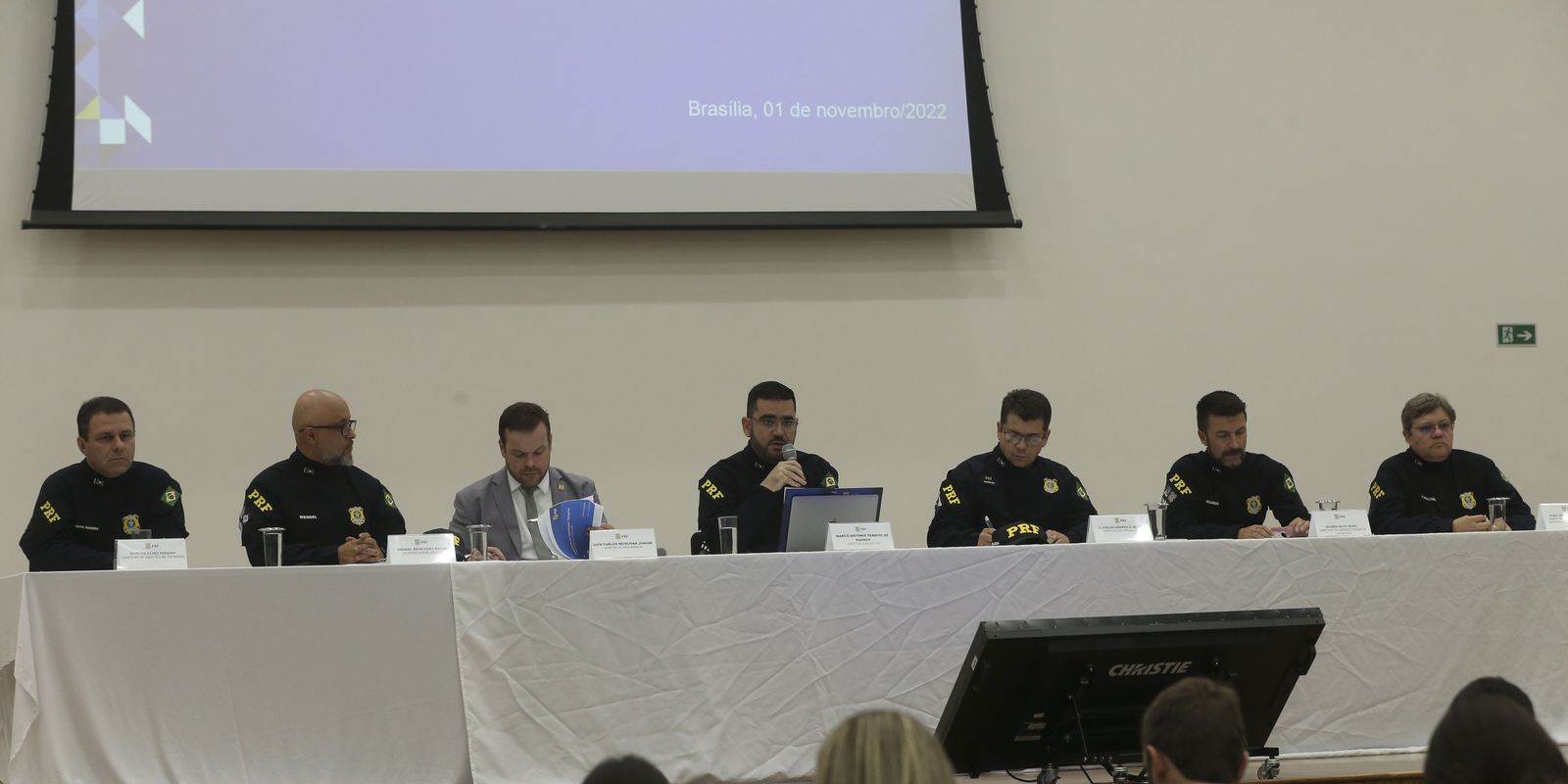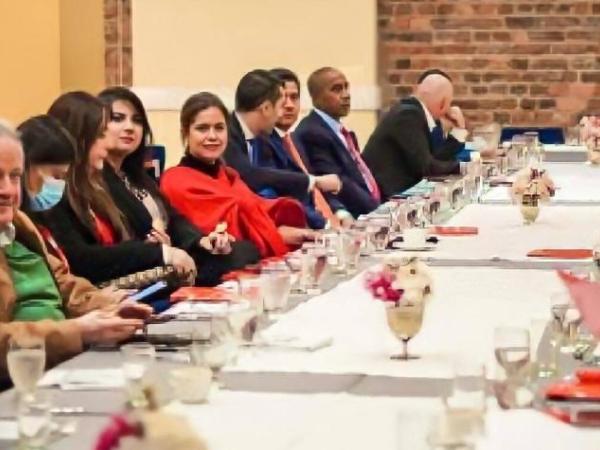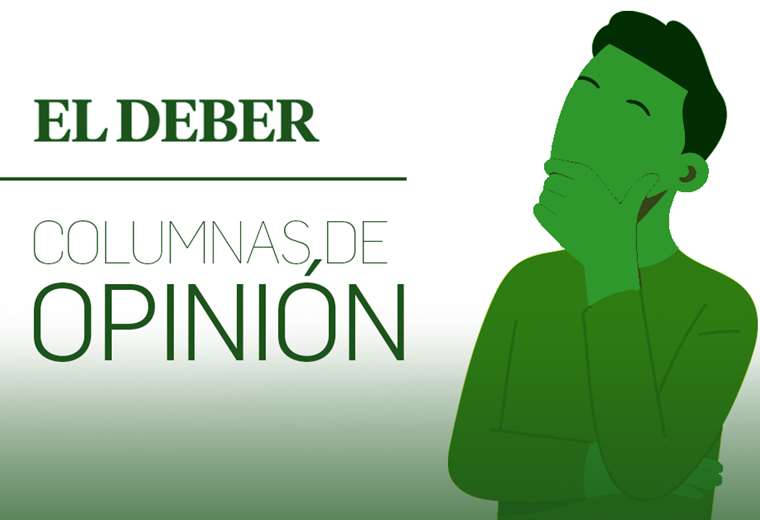Directors of the Federal Highway Police (PRF) denied that the agency had failed to act and was slow to act to prevent protesters from interdicting vehicle traffic on stretches of some of the country’s main federal highways.
During a press conference held today (1) in Brasília, six of the directors of the agency, in addition to the general inspector, Wendel Benevides Matos, said they were surprised by the speed with which the interdictions and blockades spread after the announcement of the election results. presidential.
The first interdiction was registered in Mato Grosso do Sul, around 9:15 pm on Sunday – about an hour and a half after the Superior Electoral Court (TSE) announced that Luiz Inácio Lula da Silva (PT) was mathematically elected.
“After four hours, there were already 134 interdictions, blockades and concentration points. On the 31st, at night, it was already 290 and, close to zero today, it was already 421, the apex of the movement”, narrated the director of Intelligence of the PRF, Luís Carlos Reischak Júnior. At the time of the press conference, which began around 11:30 am, the agency recorded 267 points of concentration, interdiction and blockade and 306 unobstructed points.
According to the directors of the agency, although the number of federal highway police officers on duty had already been increased due to the elections; intelligence sectors had anticipated different situations that could happen depending on the possible results of the elections and an operation (Operation Elections 2022, launched to curb electoral crimes and guarantee the safety of voters on federal highways) was underway, the agency was not prepared to respond immediately to the rapidly escalating crisis.
“The fact is that the crisis escalated very quickly,” Reischak acknowledged. He says that several scenarios were designed, regardless of who won the elections, “but we didn’t have any element that [indicasse] a crisis of this magnitude. Obviously, if we had this certainty, a higher degree of conviction, we would have advised our managers to mobilize resources already on Saturday or Sunday”, added the Director of Intelligence.
2018 stoppage
The speed with which the protesters took to the highways led the directors of the PRF to compare the current situation with the stoppage of truck drivers in May 2018. According to them, this time the movement took shape more quickly. However, like four years ago, the authorities have not yet identified the leaders of the protests.
“In 2018, we had a [semelhante] escalation of the number of bans after the fifth day. Now, it took less than 24 hours”, commented the director of Operations, Djairlon Henrique Moura, when talking about the difficulties of moving agents to all points of concentration of protesters. “It is a very complex operation. Only those who have participated in such an operation, like me, in 2018, know how difficult it is. There are points with up to 500 protesters. Trucks with up to 80 tons stopped without the key and without being able to identify the driver. There are children in arms, women, elderly people…”, added Moura, explaining that federal highway police officers are instructed to act “very sparingly”, seeking to resolve the situation through dialogue in order to avoid conflicts.
Actions
The directors of the PRF say that, until midnight yesterday (31), the federal highway police had already applied 182 traffic tickets to people caught obstructing highways. Administrative penalties can range from BRL 5,869.40 for those who use vehicles to block roads to BRL 17,608.20 for those who organize the interdictions. In addition, the assessments can serve as evidence in lawsuits that may result in other punishments.
“All information is being collected and one of the measures adopted in the clearance protocol [das rodovias] is to photograph the plates [dos veículos] and identify the leaders of the movement. Subsequently, this information will be passed on to the judges who issued the prohibitory interdicts and to the TSE”, declared the executive director, Marco Antônio Territo, who replaced the general director, Silvinei Vasques, at the head of the press conference. According to the press office of the PRF, Vasques did not participate in the conversation with the journalists because he was summoned by the Minister of Justice and Public Security, Anderson Torres, to discuss the necessary measures to free the highways.
Also according to Territo, protesters have already been arrested, although the exact number is still being raised. In addition, according to the inspector-general, Wendel Benevides Matos, police officers who appear in videos posted on the networks congratulating protesters who block highways or claiming that the PRF will not act to remove them from the roads are already being investigated.
“PRF acts in compliance with the law. It does not support the illegality or closure of federal highways. The cases that have appeared on the internet have already been identified and the Corregedoria-Geral has already established a procedure to verify if there has been any deviation from the conduit”, said the magistrate.
















